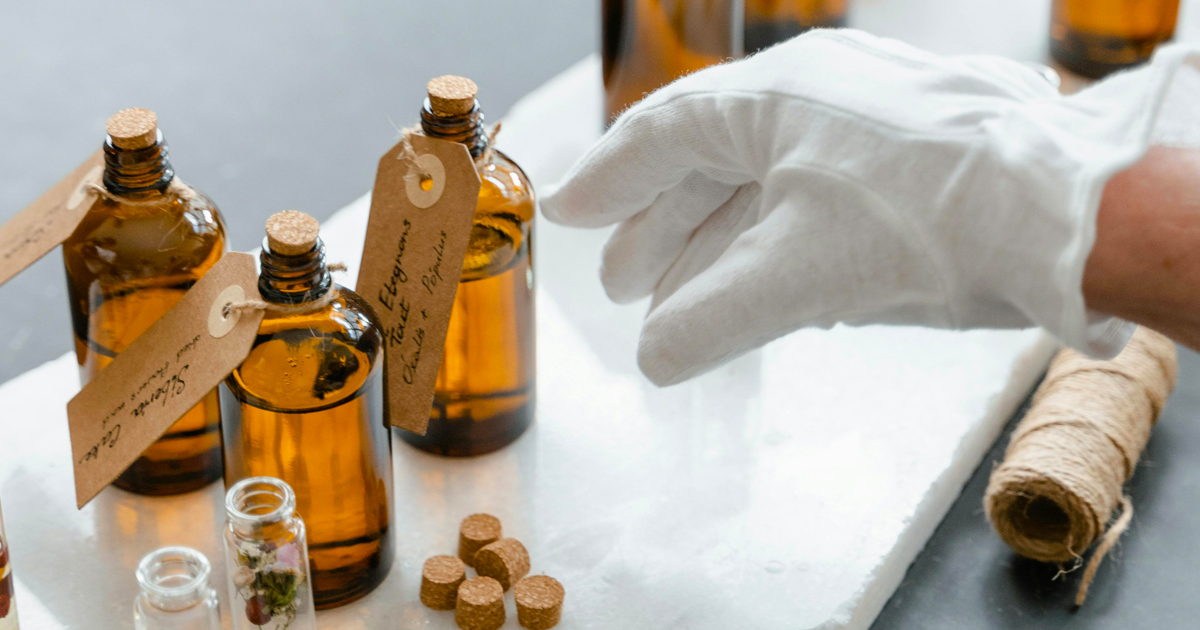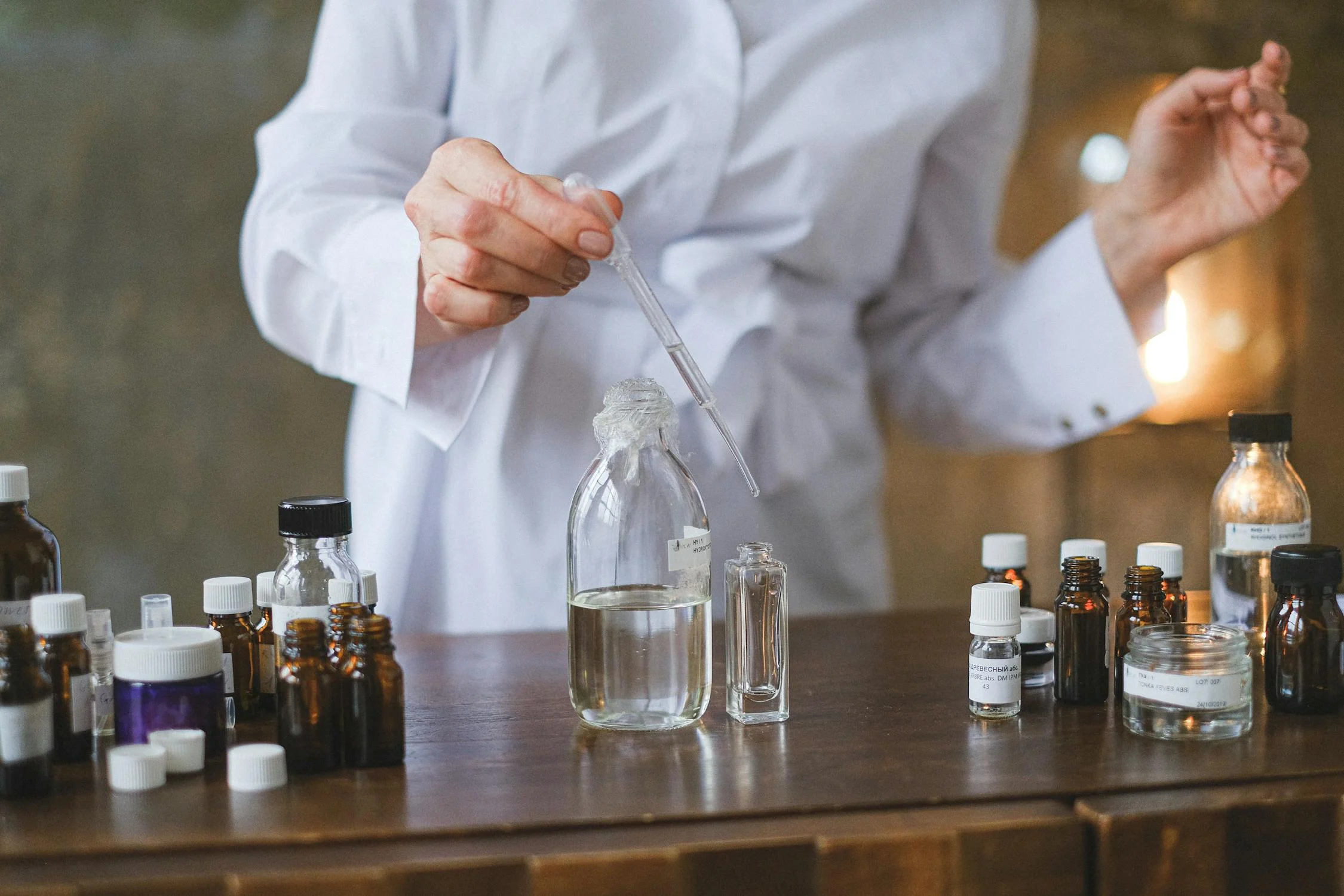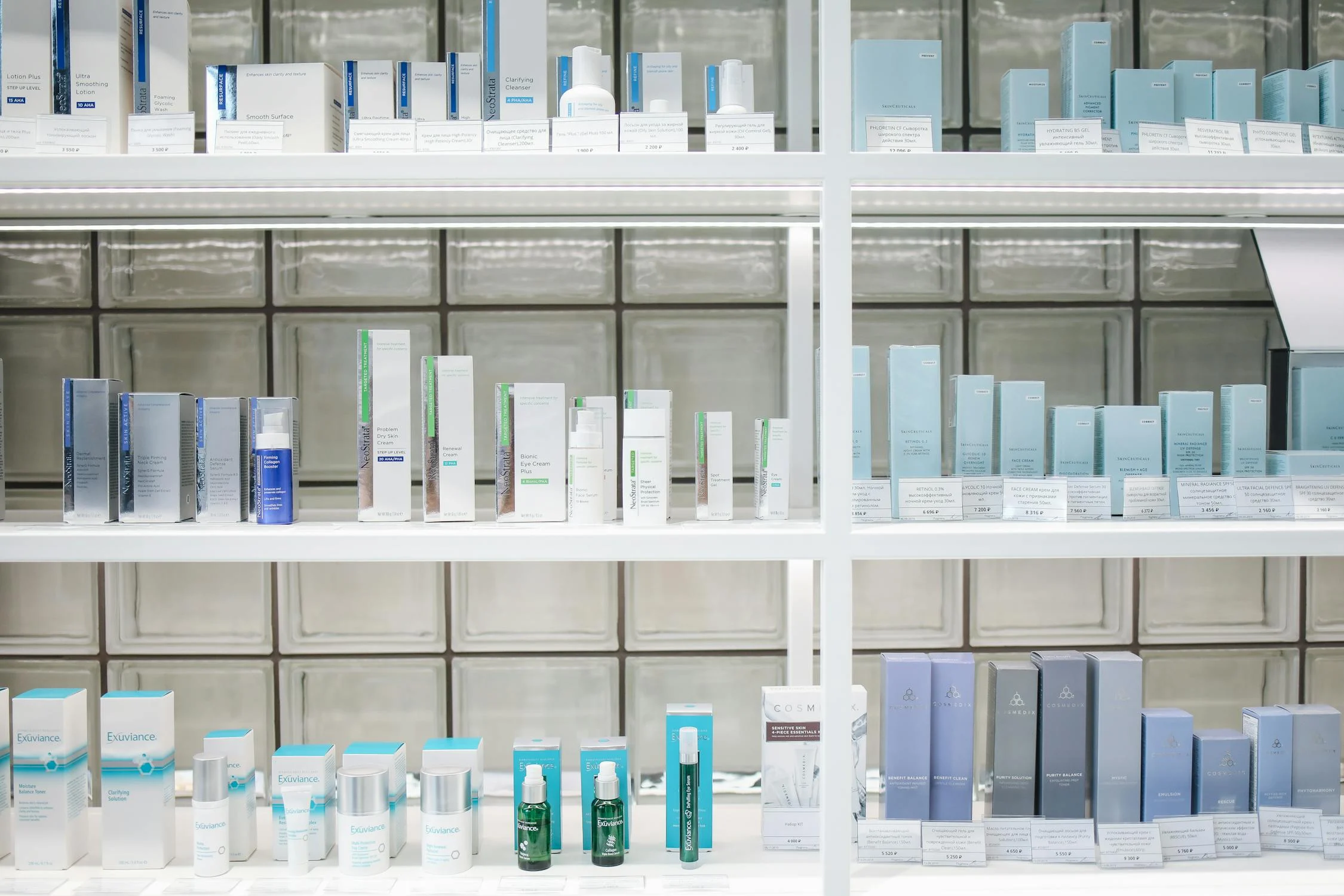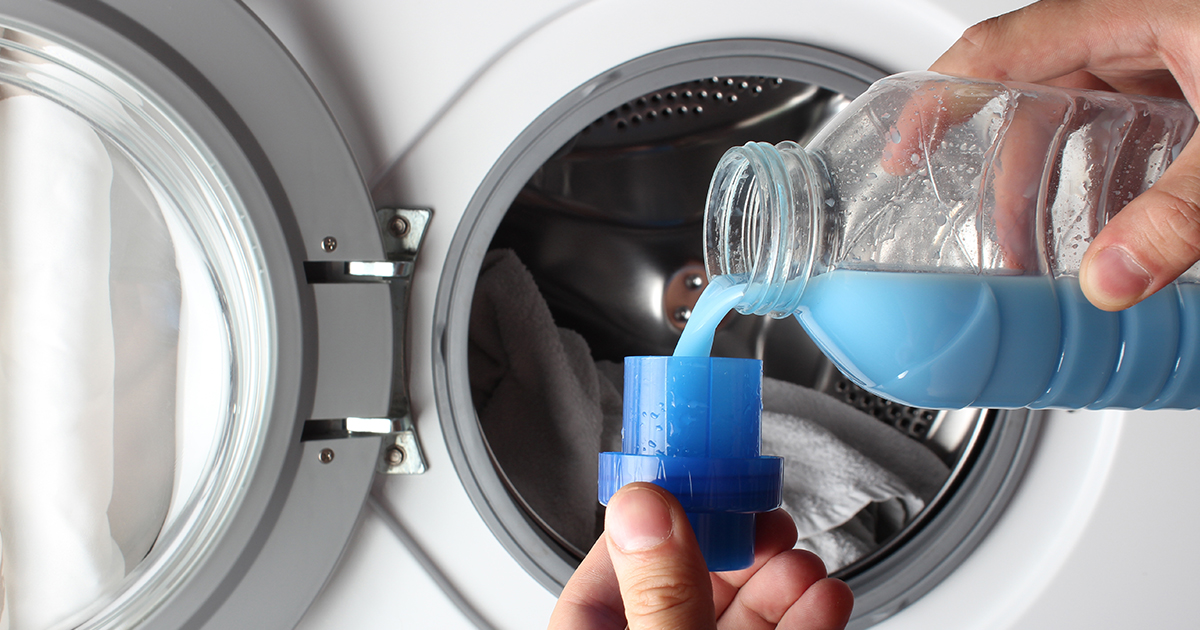Taking care of your skin is like taking care of a tiny ecosystem—it needs the right food to grow and stay healthy. But with all the different skincare products available, it can be hard to understand what's in them and how they work. Let's break it down and learn about the science behind skincare ingredients and formulas in a way that's easy to understand.
The ingredients
Let's start with the basics: skincare products are made up of different ingredients that perform different functions. Some common ingredients you might see on product labels include:
Hyaluronic Acid: helps your skin hold onto moisture like a sponge, keeping it nice and hydrated.
Retinol: smooths out wrinkles and fine lines to give you a more youthful look.
Vitamin C: gives your skin a bright, radiant glow and protects it from damage from the environment.
Glycerin: pulls moisture into your skin, keeping it soft and flexible.
Understanding what each ingredient does can help you choose products tailored to your skin's needs.
The formulations
Different products come in different forms, like creams, serums, and gels. Each one is designed to deliver ingredients to your skin in a special way, like a cream that moisturizes your skin or a serum that helps reduce wrinkles. With the right combination of these formulations, you can give your skin the TLC it needs.
Creams: These are thicker and stickier, creating a protective layer on the skin's surface. They're good at keeping moisture in and preventing it from evaporating.
Serums: These are lightweight and contain a lot of active ingredients that can penetrate deeper into the skin. They're great for targeting specific skin concerns like fine lines or dark spots.
Gels: These have a lighter texture and are perfect for oily or acne-prone skin. They absorb quickly and provide hydration without feeling greasy or heavy.
Depending on your skin type and concerns, you should choose the right formulation. If you have dry skin, you might prefer a rich cream, while those with oily skin might find a lightweight gel or serum more suitable.
Putting it all together
Generally, it's good practice to consider how different ingredients and formulations interact with each other. Some ingredients work synergistically, enhancing each other's benefits, while others may cancel each other out or cause irritation when combined.
See your dermatologist or a skin specialist to help you determine your skin type and guide you towards the right products for it.










